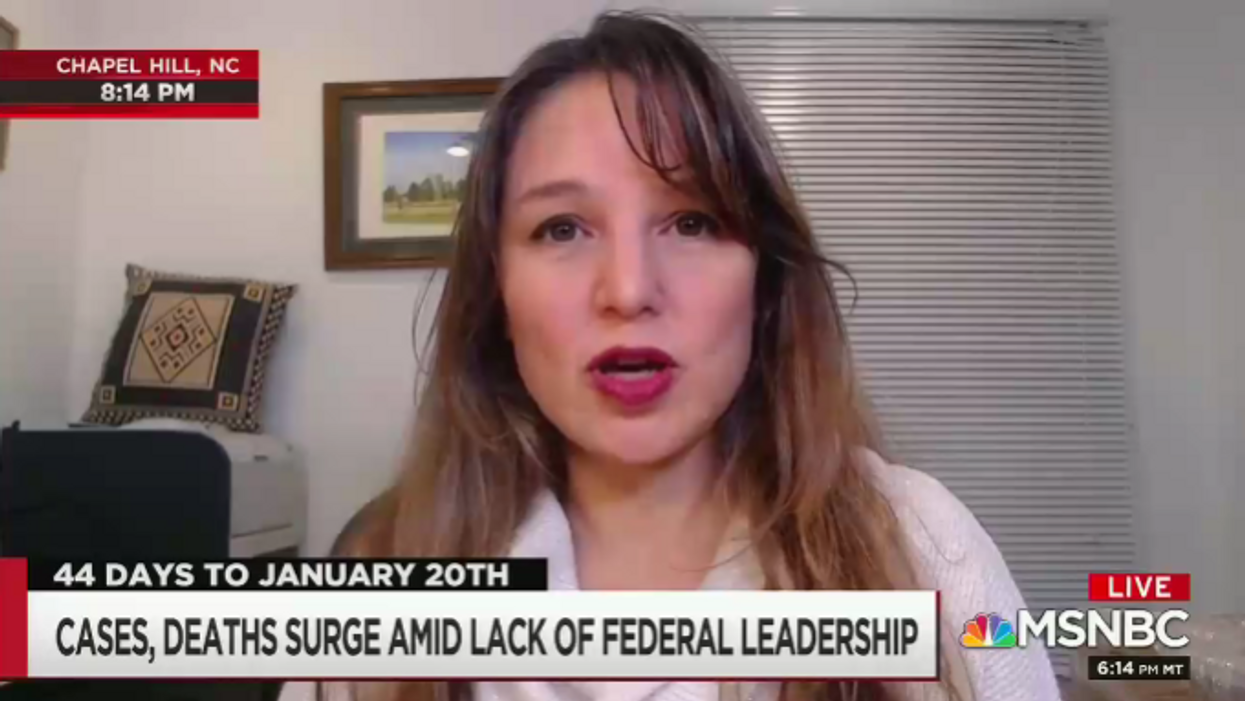By Mary McNamara, Los Angeles Times
Piers Morgan out, Ronan Farrow in.
On Sunday, CNN confirmed that “Piers Morgan Live” will be ending next month, proving that a large Twitter following and pedigree of minor non-journalistic celebrity (though a former editor, Morgan, 48, was mostly known as a judge on “Britain’s” and then “America’s Got Talent”) does not necessarily a successful news host make.
Then on Monday, MSNBC debuted the first hour of “Ronan Farrow Daily,” proving that a large Twitter following and a pedigree of minor non-journalistic celebrity (though a contributor to many news organizations including this one, Farrow, 26, is mostly known as the super-smart son of Mia Farrow and Woody Allen) remain acceptable news host credentials nonetheless.
Forget the judging panel on “American Idol,” or even the Leno/ Fallon, Fallon/ Meyers handoff; it’s the hosts of our cable news shows that mirror the increasingly messy line between social and media, between profession and personality.
While Farrow was earnestly interviewing former Defense Secretary Bill Cohen and David Axelrod on Monday about the crisis in Ukraine, many people were far more interested in reacting to Morgan’s ouster on Twitter and the blogosphere. Some did so in joy, a few in woe, but most wondered why Morgan had failed so spectacularly in the prime-time slot that Larry King made famous (before beginning to fail there himself.)
Just as if we didn’t know. He tanked because he’s insufferable.
Morgan would like everyone to believe that Americans didn’t warm to him because he was a “British guy debating American cultural issues, including guns, which has been very polarizing.” Never mind that many news hosts and commentators have been outspoken about gun control or that with our near-hysteria devotion to “Downton Abbey,” Kate Middleton and Benedict Cumberbatch, most Americans have all but applied for dual citizenship with the U.K.
No, it wasn’t the cricket references or the football (as in soccer) issue. Morgan failed as a host because he was smug, arrogant, condescending and thin-skinned. He failed because he was more interested in keeping his name in the news than in the news itself.
As recently as two weeks ago, when a guest (transgender author and activist Janet Mock) complained about the sensationalistic nature of Morgan’s questions, he “apologized” by having her back on the show and reprimanded her for the caustic response on Twitter. When Stephen Colbert sent up Morgan’s response and interviewed Mock, Morgan continued to rant on social media.
Watching him repeatedly foment his own controversy, then “report” in high dudgeon about his treatment in the wake of it, television audiences were reminded, once again, of the prescient wisdom of James L. Brooks’ “Broadcast News.” “Let’s never forget,” says Albert Brooks sarcastically as TV reporter Aaron Altman, “we’re the real story. Not them.”
Enter Farrow, who sailed through a dutifully disparate array of topics during his first hour with the slightly anxious confidence of the star student enlisted to run the class.
He covered the Ukraine crisis from pathos to policy — what will Russia do? How does it affect the U.S.? — pausing to explain, with a map, why exactly Ukraine is such a mess. He discussed budget cuts at the Pentagon, the governors’ meeting at the White House, a possible rise in the minimum wage and, in the show’s only truly light-hearted segment, the problem of dumpster diving behind Colorado’s now legal marijuana shops.
Looking much younger than his years, Farrow was carefully aimed at a post-boomer mentality. He joked about watching reruns of news greats (Murrow and Cronkite), referred to marijuana as “weed,” referenced both Lena Dunham and selfies. At times painfully earnest, he introduced a new interactive feature called “The Daily Battle” by calling on viewers to tweet their thoughts about who was handling the Ukraine crisis better, #RFDObama or #RFDPutin.
What Farrow didn’t do was mention in any way, shape or form his personal life. That included the portions of it that have been part of a huge and emotional reaction to his sister Dylan’s recent insistence that Allen molested her. It also included the ongoing question of his own parentage (according to his mother, Frank Sinatra may have been involved).
Like Morgan, or for that matter, Alec Baldwin, who was recently relieved of hosting duty by MSNBC, Farrow views the world from a narrative platform. Leaning more perhaps toward the book-learned Rachel Maddow than Chris Hayes, Farrow — the Rhodes Scholar who graduated college at age 15 — fits in nicely with MSNBC’s ongoing attempt to make smart the new hip. (Political analyst Joy Reid also debuted her new show on Monday afternoon.)
But still it is him, his take, his performance that will make or break the show. Will more people want to see Ronan Farrow daily than wanted to see Piers Morgan live?
The timing of his show’s debut has already been commented on in light of his family’s public crisis, but with Morgan’s departure, it becomes even more meaningful. More than three decades younger than the Brit, born to fame rather than cultivating it, much more interested in appearing smart than right, Farrow could make his mark as an anti-Piers.
Though one suspects that with his international pedigree, Farrow might just be in the habit of calling soccer “football” too.
AFP Photo/Ben Gabbe




